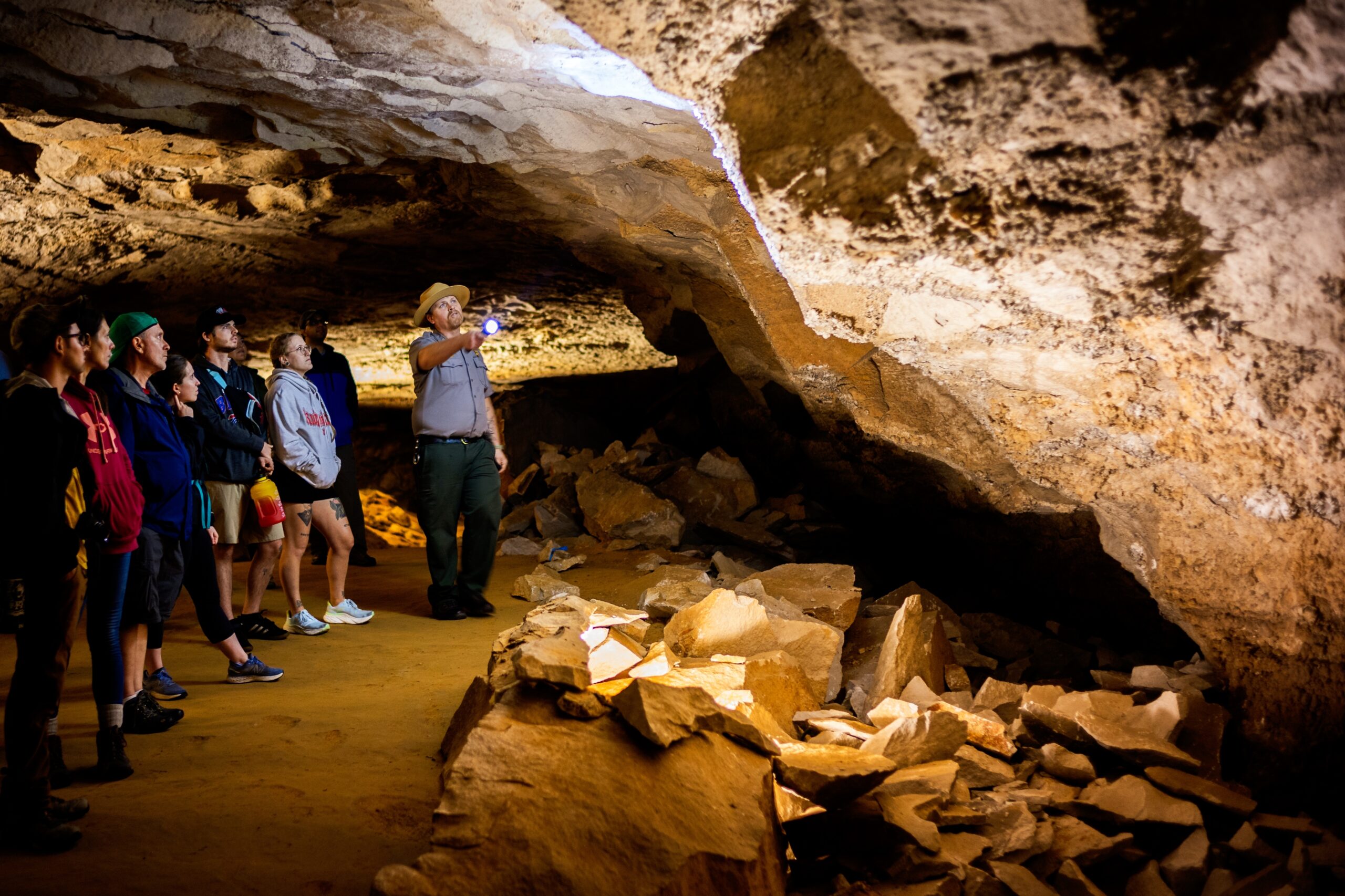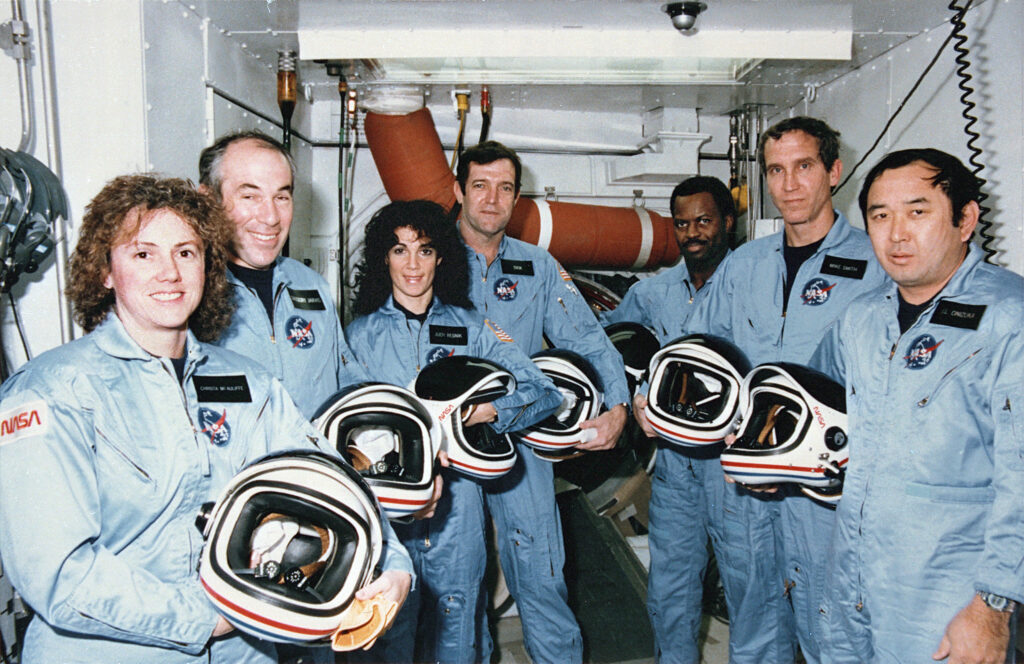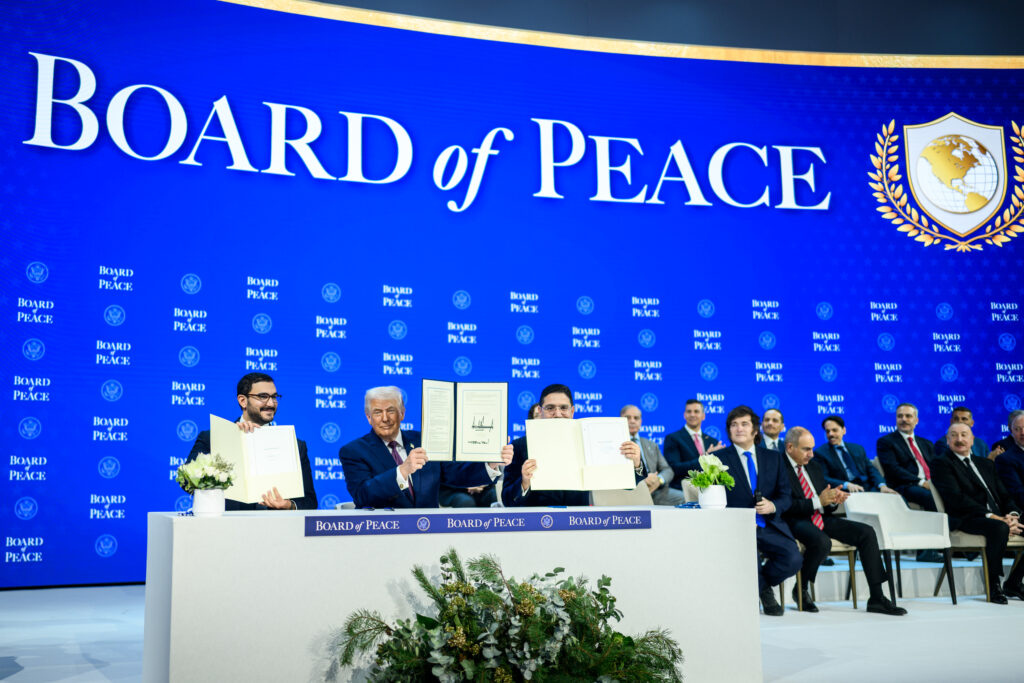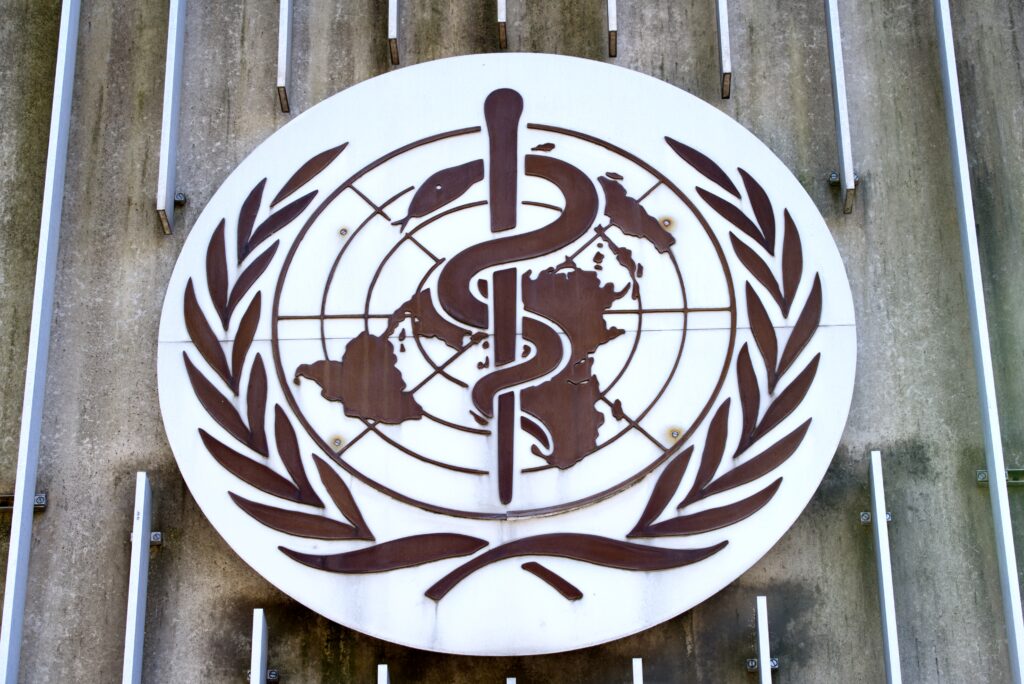On July 22, President Trump announced plans to withdraw the U.S. from UNESCO. It’s not the first time America has walked away from the world’s largest educational and cultural body — but it is a chance to remind ourselves just how much is at stake. From fighting antisemitism to preserving press freedom, UNESCO does far more than most Americans realize — and its work aligns with core American values.
With U.S. membership once again on the line, here are a few reasons UNESCO matters to the United States.
UNESCO’s cultural preservation goes beyond what meets the eye.
While the agency is best known for safeguarding iconic physical sites since 1972 (with a whopping 26 World Heritage sites across the U.S.), UNESCO also protects “Intangible Cultural Heritage” — the creative, culinary and spiritual traditions that define civilizations. Think tango in Argentina, yoga in India and the baguette in France.
And the U.S. is part of that story, too. From New Orleans jazz to Native American pottery traditions, American culture has both shaped and been protected by UNESCO’s global cultural framework.
Then there’s UNESCO’s Memory of the World program that preserves critical historical documents — especially in places affected by war, disaster or authoritarian regimes. These archives safeguard human rights history, civil liberties and evidence of atrocities — tools that empower truth-tellers and researchers in the U.S. and around the world.
Did you know? A UNESCO World Heritage designation brings an average of $100 million in economic activity, thousands of jobs and $2 million in hotel tax revenue — a serious boost for U.S. sites like the Grand Canyon and Independence Hall.
Journalists count on UNESCO to have their backs.
UNESCO tracks threats to journalists and holds governments accountable. Its Observatory of Killed Journalists monitors violence against reporters worldwide, pushing for justice in unresolved cases. These data inform UNESCO’s World Trends in Freedom of Expression and Media Development Report, a key tool for U.S. advocates, lawmakers and journalists working to protect press freedom at home and abroad.
UNESCO educates — globally and locally.
UNESCO trains teachers, supports literacy, rebuilds schools after conflict and expands digital access to learning. But its work also supports American interests, particularly in emergencies. During the COVID-19 pandemic, UNESCO’s global taskforce helped U.S. officials and educators with best practices for distance learning, school reopening and mental health recovery for students.
UNESCO is a global data hub.
From tracking girls’ education rates to publishing groundbreaking research on digital literacy, UNESCO serves as the UN’s knowledge engine. Its publications and the UNESCO Courier provide open-source information that underpins policymaking — including in Washington.
Did you know? UNESCO curates the largest artistic heritage collection in the UN system, including works by Picasso and artifacts spanning 6,000 years — a testament to cultural diplomacy that includes American artists and benefactors.
UNESCO leads the UN’s earth sciences research.
Through its International Geoscience and Geoparks Programme, UNESCO powers global research on climate, biodiversity and resilience — topics with direct implications for American coastlines, agriculture and disaster preparedness. The Intergovernmental Oceanographic Commission also helps track ocean health and marine threats. That matters for America’s fisheries, naval operations and coastal communities.
UNESCO is helping inform the future of Artificial Intelligence.
UNESCO’s 2021 Recommendations on the Ethics of Artificial Intelligence set a global standard for responsible AI development. Based on human rights and environmental sustainability, it’s influenced legislative efforts in dozens of countries — and offers a framework that aligns closely with emerging U.S. policy priorities.
UNESCO powers creativity in American cities.
The Creative Cities Network links 300 cities worldwide that place culture at the heart of their growth. U.S. cities like Austin, Santa Fe and Kansas City are part of the network — gaining global recognition, sharing best practices and strengthening creative economies.
UNESCO stood with the U.S. during the Civil Rights era.
Little know fact: UNESCO was a key partner in America’s struggle for racial justice. From publishing the pioneering 1950 Statement on Race to backing school desegregation efforts, the agency helped reinforce U.S. commitments to equality at a pivotal moment in our history.
Bottom Line
UNESCO is as much a global force as it is an American partner.
That’s why walking away doesn’t just undermine our global leadership — it weakens the very tools that help us defend free speech, advance education, protect heritage and shape the future.




